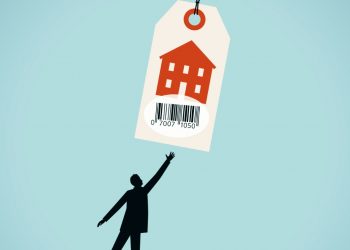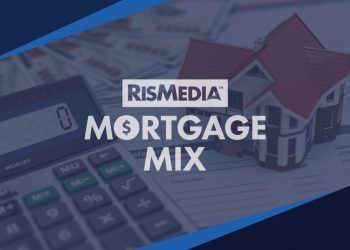The homeownership experiences of our Facebook friends can impact our home-buying and -selling decisions.
So according to jointly-conducted research from Facebook, Harvard University and New York University, which indicates our Facebook friends influence our perceptions of homeownership. Facebook users with friends who own homes in areas where prices have appreciated tend to consider a house a sound investment, and vice versa.
Researchers compared the county-level locations of samples of Facebook users, along with recent price trends in those counties, with responses to a survey that posed questions about the “attractiveness” of investing in the local market. They found a link between the degree of positivity with which we regard our local market and the homeownership experiences of our social network (which is, by and large, located in the same market).
“These findings suggest that people’s perception of the attractiveness of their local housing markets actually changed as a result of the house price experiences of their friends,” writes Theresa Kuchler, co-author of the research and assistant professor of finance at New York University.
This connection between our opinions and those of our social network is expected—on and offline, we gravitate toward like-minded individuals. (One study even suggests we un-friend financially irresponsible Facebook users to protect our credit risk.) The research, however, reveals that the experiences of our social network can also incite, and even accelerate, action.
Eighteen percent of renters became homeowners in the two years following a home price increase in the market(s) where their Facebook friends reside, the researchers found—in fact, for every 5 percent increase in the prices of homes owned by their Facebook friends, renters are 3.1 percent more likely to buy a home themselves. A price-decrease experience has the opposite effect: homeowners are more likely to sell their home and become renters if the prices of homes owned by their Facebook friends depreciate.
“People that experience substantial house-price growth in their social network become more optimistic about their local housing market and actually end up investing more in real estate,” Kuchler writes.
Notably, diverse price changes experienced by our Facebook friends, either for better or worse, lessen the likelihood we’ll buy a home. The researchers believe this aversion may be due to a perceived risk or volatility of the market.
There is evidence, too, that the positive home price experiences of our Facebook friends lead to price increases across markets at the county level.
“This suggests that social interactions can propagate house price shocks across the United States,” writes Kuchler.
These findings point to a broader conclusion: the homeownership experiences of our Facebook friends are not only a reliable indicator of our own home-buying and -selling outcomes, but are also predictive of the market-to-be. Given Facebook’s widespread use, gauging the experiences of its users may be one of the most accurate methods of forecasting the market.
This post was originally published on RISMedia’s blog, Housecall. Check the blog daily for top real estate tips and trends.











